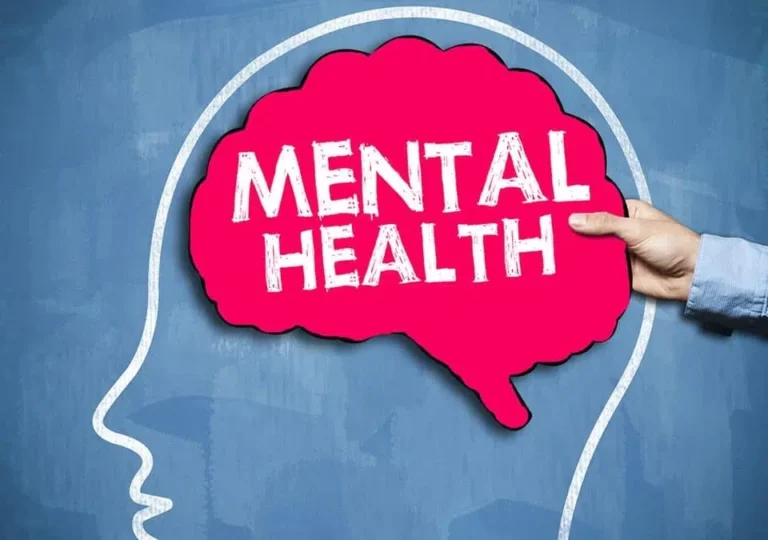Introduction
In today’s fast-paced world, mental health is just as crucial as physical health. While many people focus on diet and exercise, they often overlook the importance of a healthy mind. But did you know that your mental well-being directly affects your overall quality of life? In this blog, we’ll explore why mental health matters, common challenges people face, and practical steps to maintain a balanced mind.
What is Mental Health?
Mental health refers to your emotional, psychological, and social well-being. It influences how you think, feel, and behave in daily life. A good mental state helps you handle stress, build relationships, and make decisions effectively.
Why Mental Health is Just as Important as Physical Health

- Mental Health Affects Physical Health – Stress, anxiety, and depression can lead to physical problems like high blood pressure, weakened immune function, and heart disease.
- Boosts Productivity and Performance – A healthy mind helps you focus, improve creativity, and enhance productivity at work or school.
- Strengthens Relationships – When you take care of your emotions, you communicate better and build stronger connections with family and friends.
- Improves Quality of Life – Good mental health allows you to enjoy everyday activities and live a more fulfilling life.
Common Mental Health Challenges
- Stress and Anxiety – Daily pressures from work, studies, or relationships can lead to overwhelming stress.
- Depression – Feeling persistently sad or hopeless can impact daily activities.
- Burnout – Excessive workload and lack of rest can lead to emotional exhaustion.
- Loneliness – Social isolation affects emotional well-being and increases stress.
How to Take Care of Your Mental Health

- Practice Mindfulness & Meditation – Spend a few minutes each day in meditation to reduce stress and improve focus.
- Stay Physically Active – Regular exercise releases endorphins, which boost mood and reduce anxiety.
- Connect with Loved Ones – Talking to friends and family provides emotional support and reduces loneliness.
- Maintain a Balanced Diet – Eating nutritious food improves brain function and stabilizes mood.
- Get Enough Sleep – Proper rest helps your brain recover and function optimally.
- Seek Professional Help – If you’re struggling, talking to a therapist or counselor can provide valuable guidance.
Final Thoughts
Taking care of your mind is just as important as taking care of your body. Mental health affects every aspect of life, from relationships to work performance. By prioritizing self-care, practicing healthy habits, and seeking support when needed, you can lead a happier and more fulfilling life.
Do you take time to care for your mental health? Share your thoughts in the comments below!


